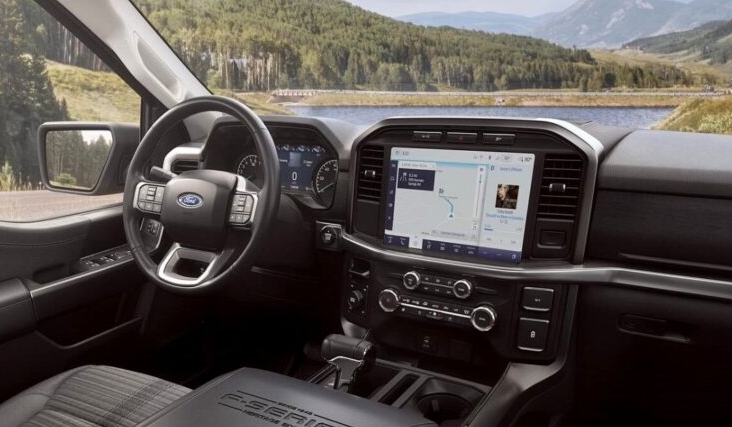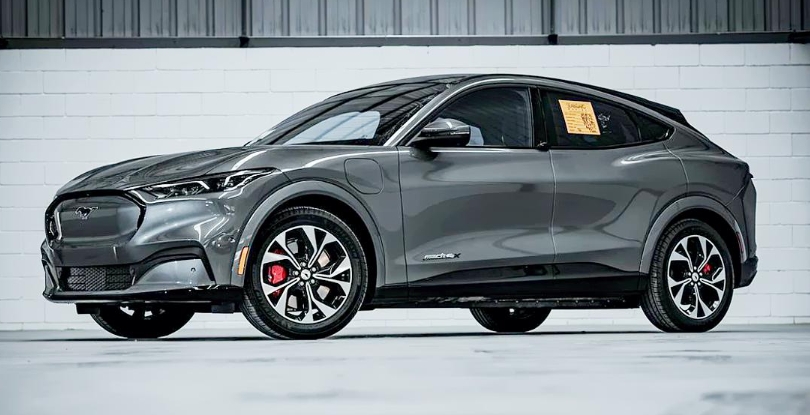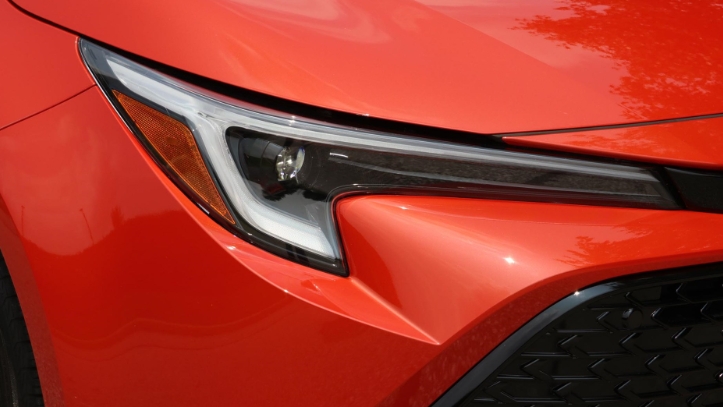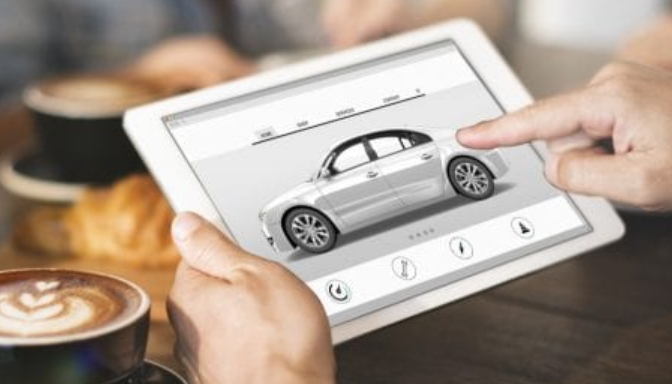Ford has submitted an unconventional proposal to the United States Patent Office aimed at dealing with delinquent customers. The automaker is exploring the possibility of introducing an electronic system that would prevent its vehicles from being operated if the customer has failed to make timely payments. This system can be thought of as a type of “self-repossession” and is currently in the research and development phase.
Indeed, the details of this unexpected system were revealed through documents that Ford filed with the United States Patent Office. Therefore, it is difficult to determine whether this system will actually be implemented, but the technological capability exists.
There are multiple aspects to consider regarding this matter. Ford has outlined the circumstances in which the vehicle lock would be activated and the functions it would utilize for this purpose. Moreover, the exceptions where the system would be disabled are also specified. Here is how Ford’s self-repossession system operates.
The project, technically named “Systems and methods to recover a vehicle,” would enable the disabling of various functions in any Ford vehicle with a data connection in the event of payment delinquency. The system could gradually disable everything from the engine to the air conditioning, rendering the vehicle inoperable. Ford has referred to it as a “recovery computer.”

Initially, the system would disable non-essential features such as cruise control, automatic window and seat controls, multimedia system applications, and GPS. In the next stage, more critical functions such as the air conditioner and remote key would be disabled.
In the event that the user still persists in ignoring the payment notifications and continues to default, Ford would escalate the consequences. As a final measure, the system would completely disable the vehicle and deny access to the driver. The only exception to this rule, as stated in the document, would be in the case of health emergencies.

In vehicles with semi-autonomous or autonomous driving systems, the situation could be even more dire as the car could potentially drive itself to repossession agencies, banks, or dealerships where the debt is to be settled. In such a scenario, there would be no escaping the consequences.
Ford is currently the only manufacturer to have proposed such an idea, which may seem rather extreme. However, in practice, it is entirely feasible thanks to the advanced technological tools available in modern cars.



